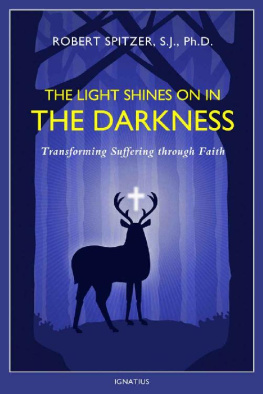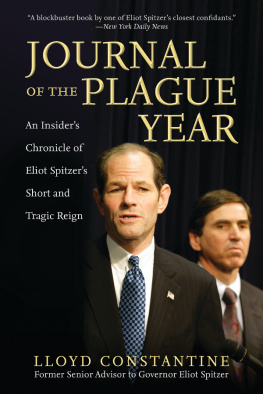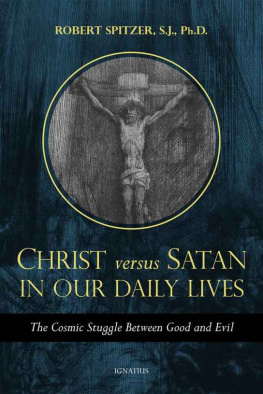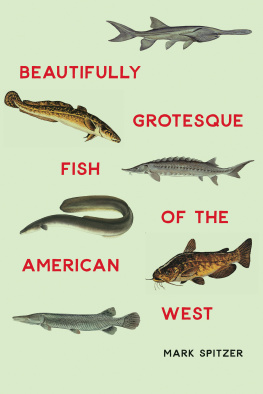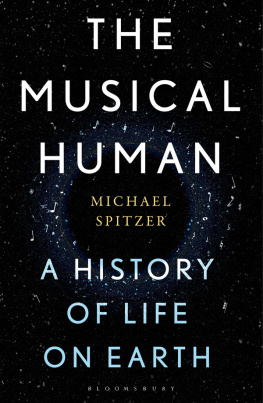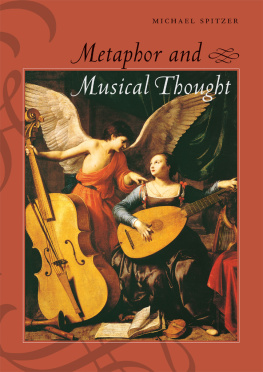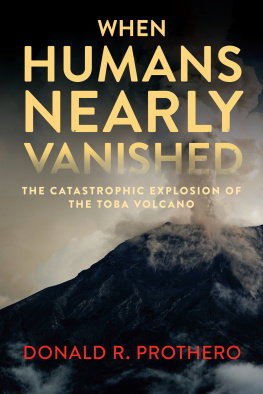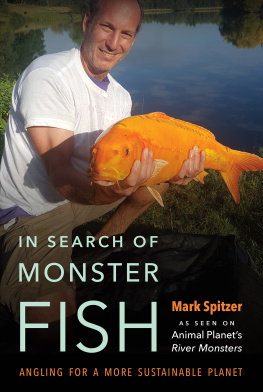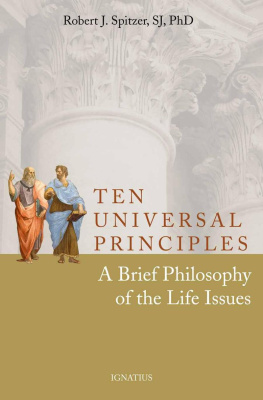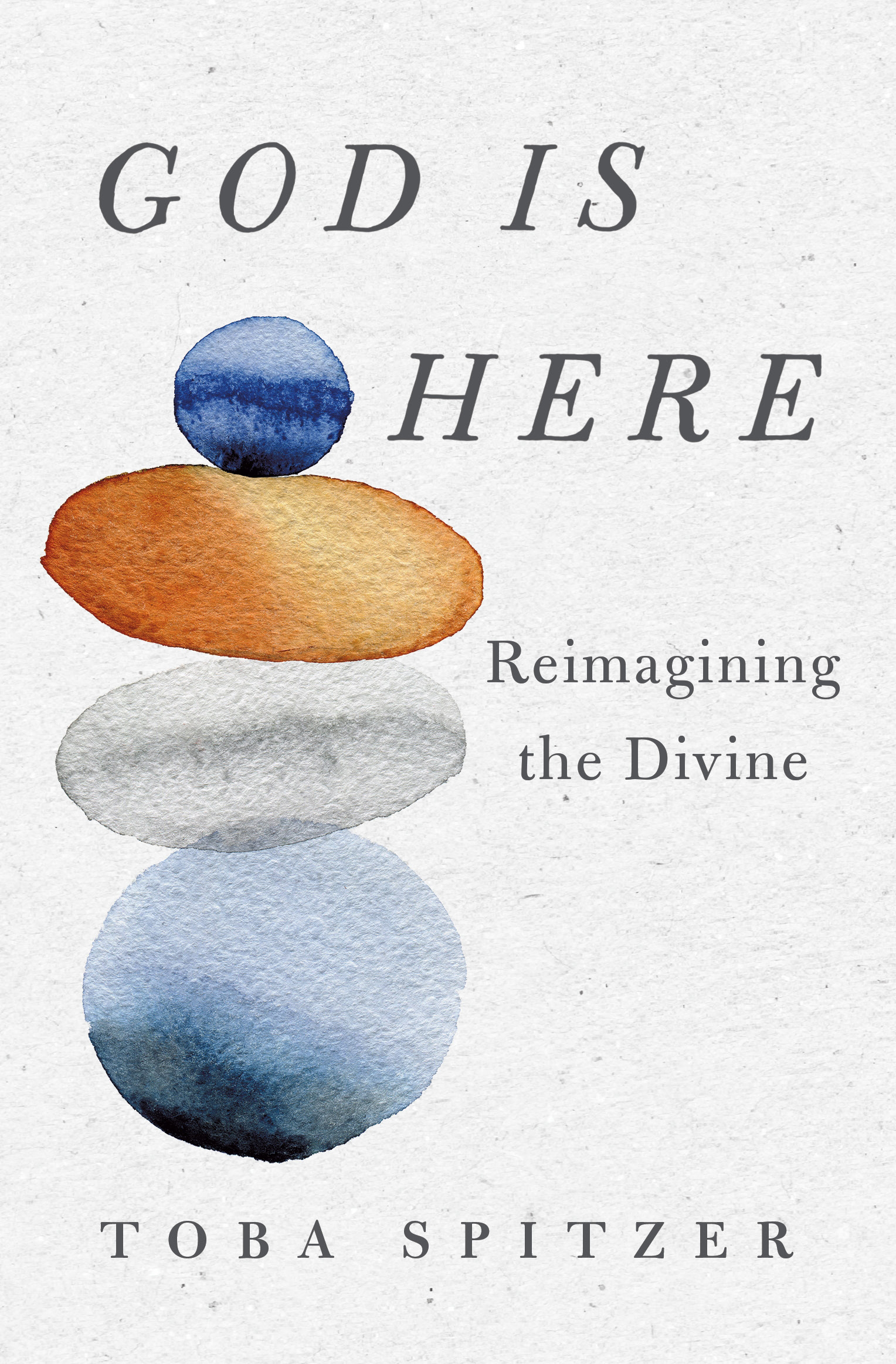Contents
Guide
Pagebreaks of the print version

The author and publisher have provided this e-book to you for your personal use only. You may not make this e-book publicly available in any way. Copyright infringement is against the law. If you believe the copy of this e-book you are reading infringes on the authors copyright, please notify the publisher at: us.macmillanusa.com/piracy.
To my father, for his love of Water, and to my mother, for her gift of Voice
In memory of Gina M. Fried, Rock of my heart
Lets say you walk into a restaurant that youve heard a lot about. Youre looking for something to satisfy your hunger and give you strength to get through the day. The waiter hands you the menu, and you sit back, scanning all the sectionssalads, soups, lunch, dinner. You begin to realize, sadly, that nothing on the menu looks particularly appetizing. The choices sound bland, unsatisfying, or just strange. Much of the menu is incomprehensible. Resigned, or maybe even a little bit angry, you put the menu down and leave. You convince yourself that youre not so hungry after all and head into your day.
This is what happens to many of us as we realize we have a spiritual hunger. The body needs food to survive, and, while it may not hit us in as obvious a way, our spirits also need to be fed. Yet, so often, we either dont know where to go to satisfy this hunger, or the places we do know about just dont satisfy. We walk into the restaurant of organized religion and realize theres just too much we cant swallow.
We all need a system of meaning to make sense of our lives, to help us answer big questions. Why am I here on this earth? What should I be doing to make a difference in the world? How do I instill values that are important to me in my children? What are the right choices to makeabout work, about what to do with the money I have, about complicated ethical situations? How do I make sense of difficult events in my life, loss, and sorrow? In confusing and challenging times, what can I do to bring calm, clarity, and joy into my day-to-day living?
Religions of every sort came into existence to help answer these questions. Because every religion came into being in a specific time and place, and were created by specific groups of people, there are differences in how each one answers universal questions about life and death, meaning and morals. What all religions share is an awareness of Something both within and beyond us, a Power that shapes and guides our lives, especially if we actively seek It out.
For those of us raised in the Jewish, Christian, and Muslim religions, that Power is called, in English, God. While the stories about God, and what it means to serve God, differ greatly in the Abrahamic religions, there is a cluster of ideas that, for most people, define what God is: very big and awesome, holding ultimate power over us, a force for ultimate good. And even though the religions differ greatly on how explicit we can be about Gods humanlike qualities, most people who talk about God use very human language to describe what God does and is. God knows, God acts, God loves, God judges, God gives and takes away life. No one would use those verbs to describe a river, or an electrical current, or a hurricane. So somewhere in the back of our minds, whether we explicitly believe it or not, God is a Big Person who knows everything and can do anything God wants.
The problem is, many of us just cant believe in a God like that. We cant, we just wont, believe in a Big Person that controls the world and our own lives like a puppet master. We know that we can turn to science to explain what happens in the natural world. Our own experience tells us that we have free will, that our choices are real. We cant believe in Someone or Something that were told is both all-powerful and all-good, because when we look around the world, when we look at our own lives, its very clear that theres a whole lot of not-good there. So either God is irrelevant, or not so good, or just not very plausible.
So we fold up the menu and push back from the table. God doesnt exist, and religion is either obsolete or a force for bad. We take our spiritual hunger somewhere else, where a God-belief isnt required (meditation, perhaps, or a yoga class), or we try to ignore our spiritual hunger by going shopping, or watching TV, or preoccupying ourselves with work or alcohol or sex.
This book is my attempt to create a new menu, because I believe the hunger is real for most people, even those who say they have no interest in religion or God. I believe we all need spiritual practices to ground us, to make us stronger and more compassionate. I believe religious communities can be models for creating the kind of society we want to inhabit: communities where we can live values of justice and love, and teach our children to be good and caring people. I believe that all human beings need meaningful rituals to mark important life transitionswhether welcoming a child into our lives, beginning and ending intimate relationships, mourning the deaths of those we love, or preparing for our own deaths.
And perhaps most importantly, I believe that we need to have language to talk about Something that is greater than ourselves, and greater than the things that our consumer culture tells us are ultimate. We need to believe in something, and the fact is we all do believe in something. So the question isnt really: Should I believe? But rather: What do I believe in? What do I think has ultimate value? To whom, and how, am I connected, beyond the tiny circle of my family? What are my responsibilitiesto myself, to the people around me, to my society, to the planet? And what is there, beyond myself, that supports and sustains those values, connections, and commitments?
At a time when the human race is confronting the enormity of our destructive power in the context of climate change, we need to reject two myths. First, that a superhero God is going to magically appear and save us. And second, that human beings are so good and so powerful we can save ourselves. In between those two misconceptions is a deeper, urgent truth: there is Something operating both within us and around us that, if understood and accessed properly, can help us foster the wisdom, compassion, and resilience to perhaps save ourselves and our planet. We need to know It by Its many names, and learn from each of those names what is asked of us. This book is a step toward doing just that.
What Metaphor Is and Why Its Important
When I read books by people who believe in God, and by those who dont, Ive noticed that they share one basic assumption: that when were talking about God, were referring to some kind of superpower entity, a Someone or a Something out there that exerts Its influence over us. Theologians of all different stripes try to make sense of this entity, how It works and how best to understand Him (or sometimes Her/Them). Atheists and humanists reject the whole idea of God because, they assert, there is nothing out there beyond what can be explained by the natural sciences and human nature. The crux of the debate between God-believers and God-nonbelievers is whether there is any truth to Gods existence.
Id like to suggest an entirely different way of thinking about the issue. What if, instead of arguing about whether or not God exists, or trying to come up with a definition of God that will finally convince everyone, we took a look at


